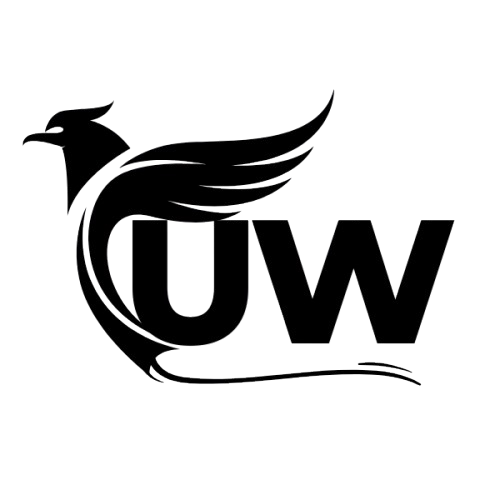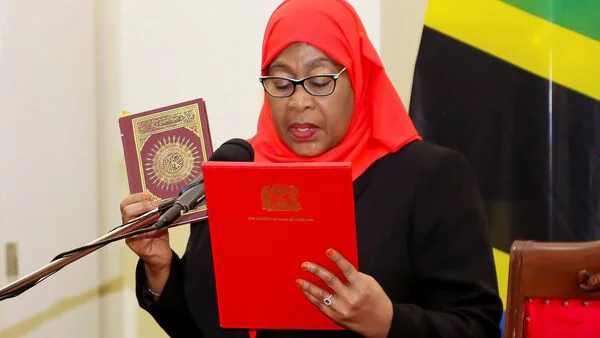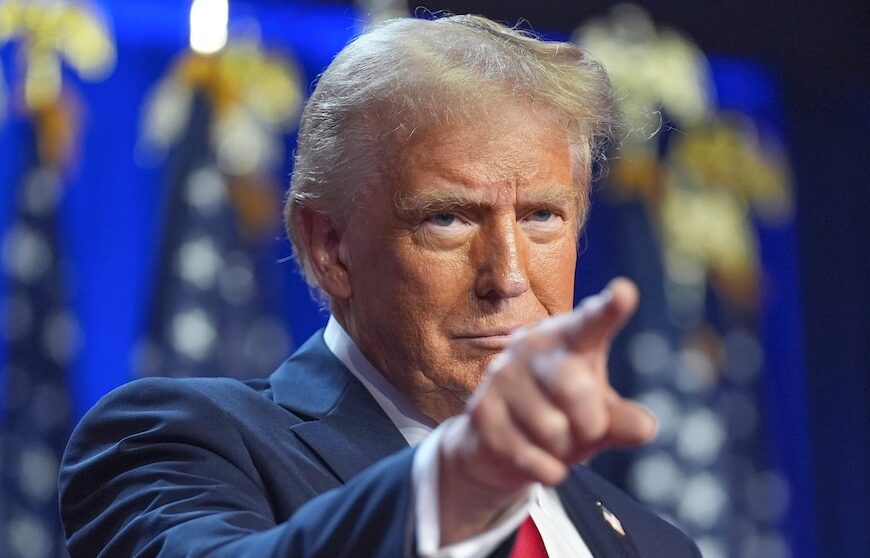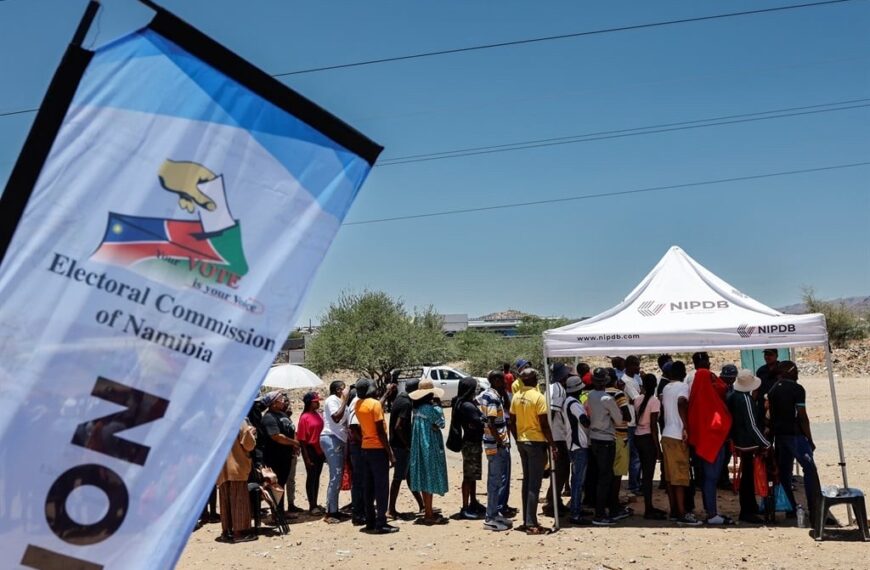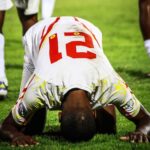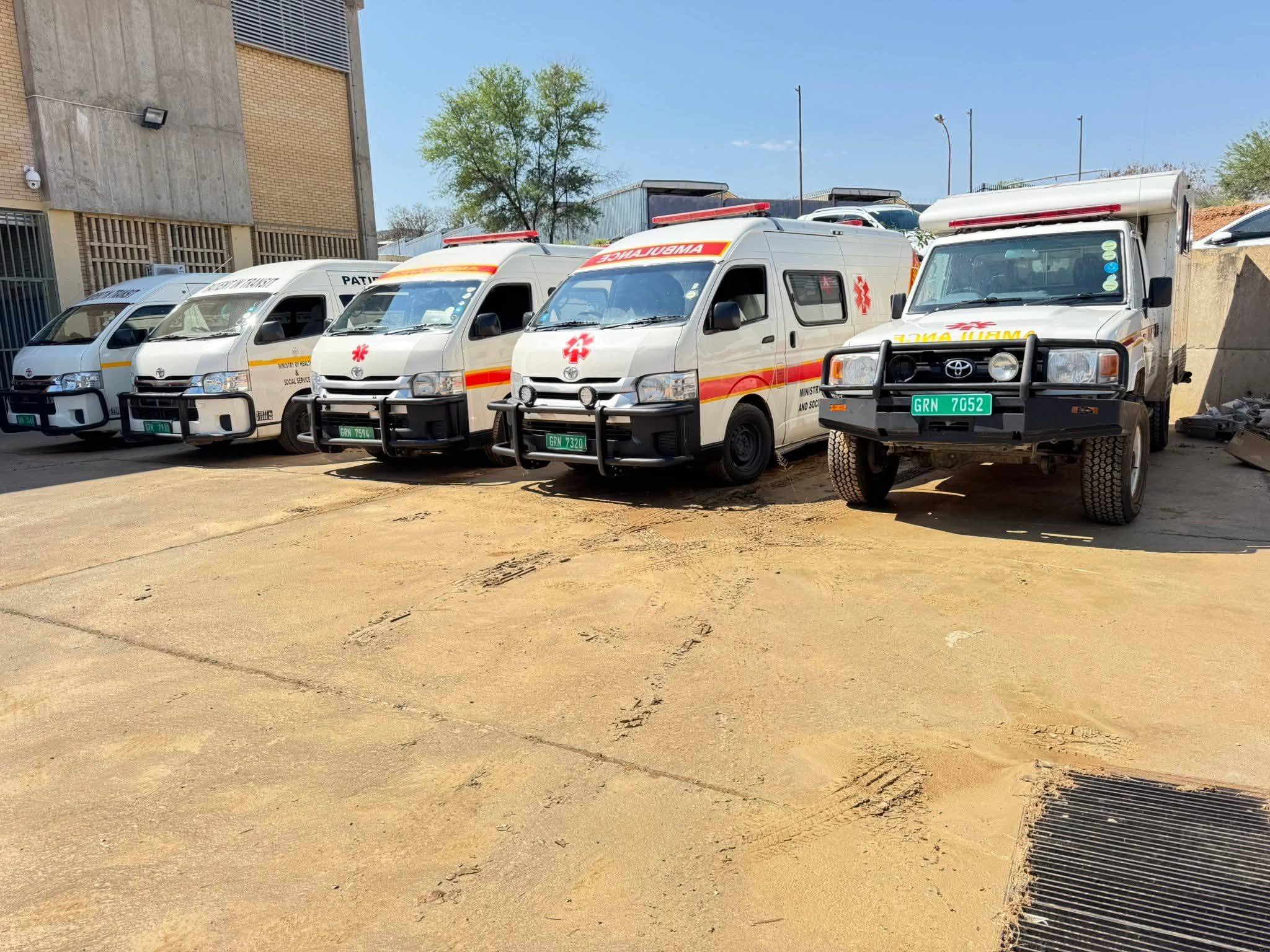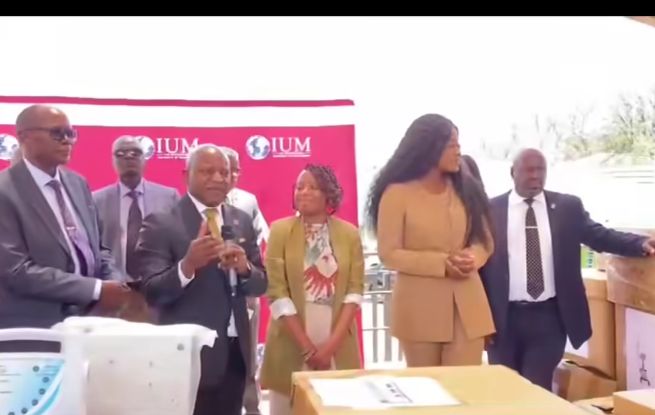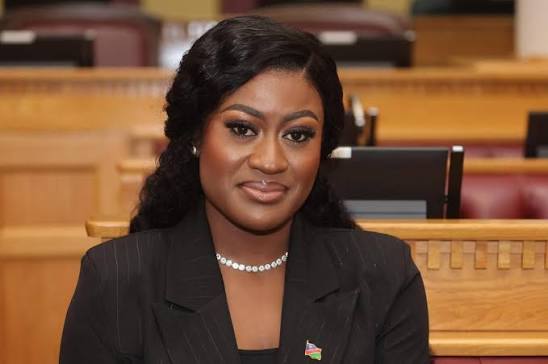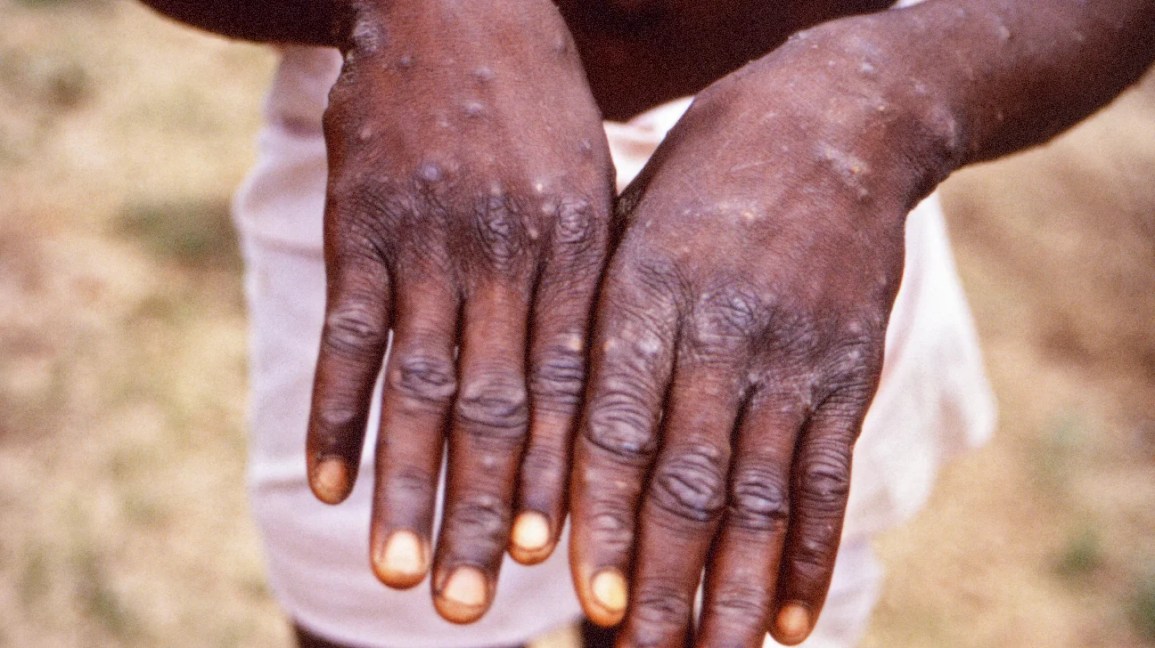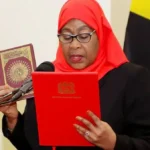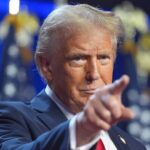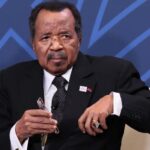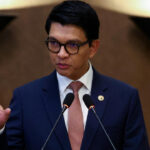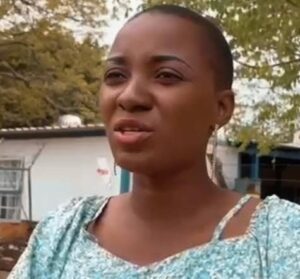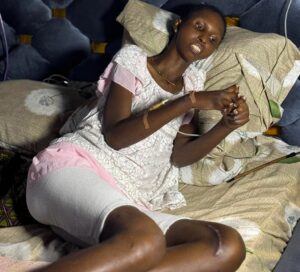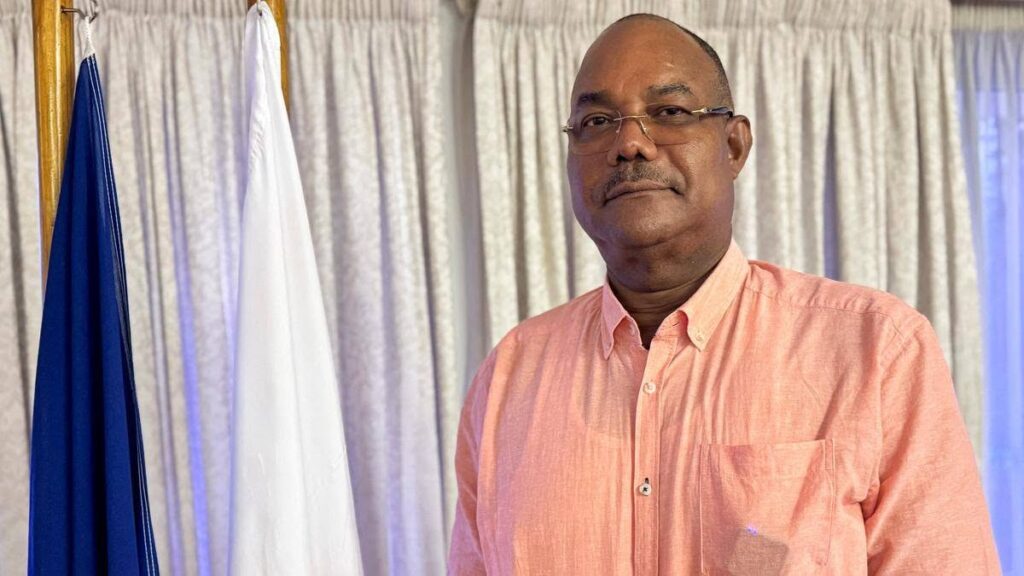
Patrick Herminie has been declared the new President of Seychelles following a tightly contested runoff election held from October 9 to 11. The former National Assembly Speaker secured 52.7 percent of the vote, defeating incumbent Wavel Ramkalawan, who was seeking a second term in office.
The victory marks the return of the United Seychelles party to power after years in opposition. Herminie’s win follows his party’s earlier success in parliamentary elections, signaling a broader political shift within the island nation.
In his first remarks after the announcement, President-elect Herminie pledged to focus on economic recovery and improving public welfare. He emphasized reducing the cost of living, strengthening healthcare and education, and providing better support to vulnerable citizens.
“Our people have spoken clearly for change,” Herminie said. “My administration will put national interests first, restore confidence in government, and work for a more equal and united Seychelles.”
The new president also promised to review or suspend controversial development projects, including construction plans near the ecologically sensitive Aldabra Atoll, one of the world’s largest coral atolls and a UNESCO World Heritage Site.
Outgoing president Wavel Ramkalawan has accepted the results and congratulated Herminie, calling for a smooth and peaceful handover of leadership. Political observers have praised the conduct of the election, noting it as another demonstration of Seychelles’ strong democratic culture.
Despite being one of Africa’s wealthiest nations per capita, Seychelles faces mounting challenges such as rising living costs, youth unemployment, and climate vulnerability. Herminie’s administration will also need to tackle social issues, including the fight against drug abuse and the push for sustainable tourism.
Political analysts say the new president’s first months in office will be crucial for building public trust and implementing reforms promised during his campaign.
As Herminie prepares to take office, expectations remain high among citizens hopeful for an era of renewed economic stability and national unity.

